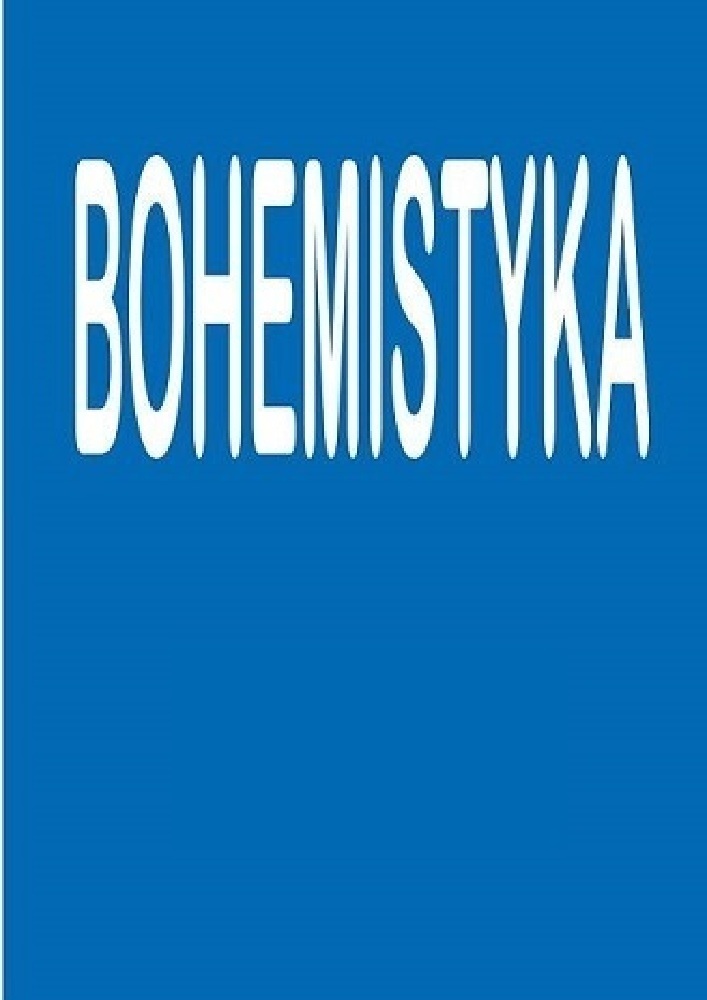Abstrakt
The author analyses two specific communicative events within the political discourse in the current work. The analysis involves a dialogue between two politicians who meet face to face in a TV studio and the subsequent communication taking place on the Internet after the dialogue was made public.
The utilization of offensive communicative strategies is a typical feature in political media communication where a communicating party attacks the communication counterpart with the intention of challenging his/her positive face and emphasizing his/her negative character traits in front of potential voters, while at the same time emphasizing his/her own positive values. For this reason, the author analyses the individual strategies employed by politicians with this intention in a particular communicative event.
The work provides an entire chapter dealing with strategies used by participants in an Internet discussion. In this case, the communication takes place among speakers who do not know each other, so the aim of the work is to investigate whether attacks against one’s face take place even in this kind of communication, and if so, what personality traits of the communicants are attacked.
Bibliografia
Brown P., Levinson S., 1987 [1978], Politeness. Some Universals in Language Usage. Cambridge: Cambridge University Press.
Bublitz W., 2009, Englische Pragmatik. Berlin: Erich Schmidt.
Culpeper J., 1996, Towards an Anatomy of Impoliteness. Journal of Politeness Research 25, p. 349–367.
Culpeper J., 2008, Reflections on Impoliteness, Relational Work and Power. In: D. Bousfield, M. Locher (eds.), Impoliteness in Language. Studies on its Interplay with Power in Theory and Practice. Berlin: Mouton de Gruyter, p. 17–44.
Culpeper J., 2011, Impoliteness. Cambridge: Cambridge University Press.
Goffman E., 1967, Interactional Ritual: Essays on Face-to-Face Behavior. Gar- den City, NY: Doubleday.
Grice P., 1975, Logic and Conversation. In: P. Cole, J. L. Morgan (eds.), Syntax and Semantics. Volume 3: Speech Acts. New York–San Francisco–London: Academic Press, p. 41–58.
Kasper G., 1990, Linguistic Politeness: Current Research Issues. Journal of Pragmatics 14(2), p. 193–218.
Kasper G., 2009, Politeness. In: S. D’hondt, J. O. Östman, J. Verschueren (eds.), The Pragmatics of Interaction, Amsterdam: John Benjamins Publishing Company, p. 157–173.
Lakoff R. T., 1973, Language and Woman´s Place. New York: Harper.
Lakoff R. T., 1990, Talking Power. The Politics of Language in Our Lives. Glasgow: Harper Collins.
Lakoff R. T., 2012, Conversational Logic. In: J. Verschueren, J. O. Östman (eds.), Key Notions for Pragmatics. Amsterdam–Philadelphia: John Benjamins, p. 102–113.
Leech G. E., 1980, Explorations in Semantics and Pragmatics. Amsterdam: Benja- mins.
Leech G. E., 1983, Principle of Pragmatics. Oxford: Longman.
Leech G. E., 2014, The Pragmatics of Politeness. Oxford: Oxford University Press.
Lehti L. et al., 2016, Linguistic Analysis of Online Conflicts: A Case Study of Flaming in the Smokahontas Comment Thread on YouTube. Online: http://widerscreen.fi/assets/Lotta-Lehti-et-al2-1-2-2016.pdf. [cit. 17. 03. 2019].
Locher M. A., Watts R. J., 2005, Politeness Theory and Relational Work. Journal of Politeness Research 1, p. 9–33.
Lorenz K., 1969, On Agression. New York: Hartcourt, Brave and World.
Nakonečný M., 1999, Sociální psychologie. Praha: Academia.
Spencer-Oatey H., 2007, Theories of Identity and the Analysis of Face. Journal of Pragmatics 39(4), p. 639–656.
Sperber D., Willson D., 1986, Relevance. Communication and Cognition. Cambridge, Massachusetts: Harvard University Press.
Švandová B., 1999a, Argumenty a logika. In: M. Jelínek, B. Švandová a kol., Argumentace a umění komunikovat. Brno: MU, s. 101–134.
Švandová B., 1999b, Chybné argumenty (fallaciae). In: M. Jelínek, B. Švandová a kol., Argumentace a umění komunikovat. Brno: MU, s. 135–184.
Watts J. R., 2003, Politeness. Cambridge: Cambridge University Press.
Zítková D., 2008, Komunikační přístup ke zdvořilosti a jeho aplikace na reklamní texty. Liberec: Bor.
Licencja
Prawa autorskie (c) 2020 Jindříška SVOBODOVÁ

Utwór dostępny jest na licencji Creative Commons Uznanie autorstwa – Użycie niekomercyjne – Bez utworów zależnych 4.0 Międzynarodowe.




